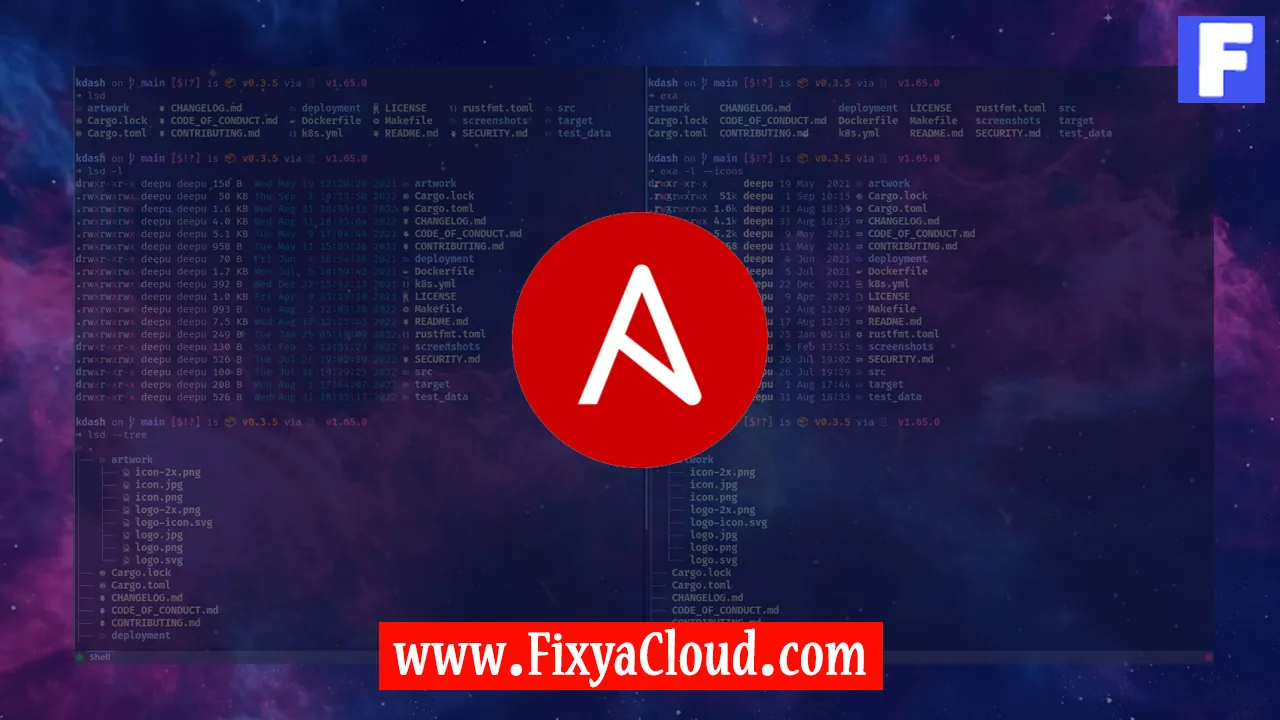Ansible vs Docker: Which is the Better DevOps Tool?

In the dynamic landscape of DevOps, choosing the right tools is crucial for streamlined and efficient operations. Two heavyweights in this arena are Ansible and Docker, each with its unique strengths and applications. In this article, we will delve into the characteristics, use cases, and advantages of Ansible and Docker, aiming to help you make an informed decision based on your specific DevOps requirements.
Understanding Ansible:
Ansible, developed by Red Hat, is a powerful automation tool used for configuration management, application deployment, and task automation. Its agentless architecture makes it lightweight and easy to set up, allowing for seamless orchestration across diverse environments. Ansible uses YAML for its playbooks, which are the scripts defining the automation tasks.
Docker in a Nutshell:
Docker, on the other hand, is a containerization platform that enables developers to package applications and their dependencies into isolated units called containers. These containers can run consistently across various environments, providing a reliable and efficient way to deploy applications. Docker uses Dockerfiles to define container configurations.
Head-to-Head: Ansible vs Docker
Ease of Use:
Ansible is known for its simplicity. With no need for agents on managed nodes, installation and configuration are straightforward. Docker, too, boasts user-friendly features through its command-line interface (CLI) and graphical user interface (GUI) tools.
Scalability:
Ansible excels in managing large-scale infrastructures with its push-based model. It's agentless nature makes it easier to scale horizontally. Docker, however, stands out in terms of scalability, as containers can be easily replicated and orchestrated using tools like Kubernetes.
Configuration Management:
Ansible's strength lies in configuration management and automation of repetitive tasks. It ensures consistency across systems by defining configurations in playbooks. Docker, while capable of configuration through Dockerfiles, is more focused on packaging applications and their dependencies.
Commands and Step-by-Step Instructions:
Ansible:
- Install Ansible:
sudo apt-get install ansible(for Ubuntu) - Create a playbook:
nano playbook.yml - Write tasks in YAML format.
- Execute the playbook:
ansible-playbook playbook.yml
Docker:
- Install Docker:
sudo apt-get install docker-ce(for Ubuntu) - Create a Dockerfile:
nano Dockerfile - Define container configuration.
- Build the Docker image:
docker build -t myimage .
More Examples:
Ansible Playbook Example:
---
- name: Install and configure Apache
hosts: webservers
tasks:
- name: Install Apache
apt:
name: apache2
state: present
- name: Start Apache service
service:
name: apache2
state: started
Dockerfile Example:
# Use an official Python runtime as a parent image
FROM python:3.8-slim
# Set the working directory to /app
WORKDIR /app
# Copy the current directory contents into the container at /app
COPY . /app
# Install any needed packages specified in requirements.txt
RUN pip install --trusted-host pypi.python.org -r requirements.txt
# Make port 80 available to the world outside this container
EXPOSE 80
# Define environment variable
ENV NAME World
# Run app.py when the container launches
CMD ["python", "app.py"]
In the Ansible vs Docker debate, there is no one-size-fits-all answer. The choice depends on your specific needs. Ansible excels in configuration management and automation, while Docker shines in containerization and scalability. Consider the strengths of each tool and how they align with your DevOps goals to make an informed decision.
Related Searches and Questions asked:
That's it for this topic, Hope this article is useful. Thanks for Visiting us.
